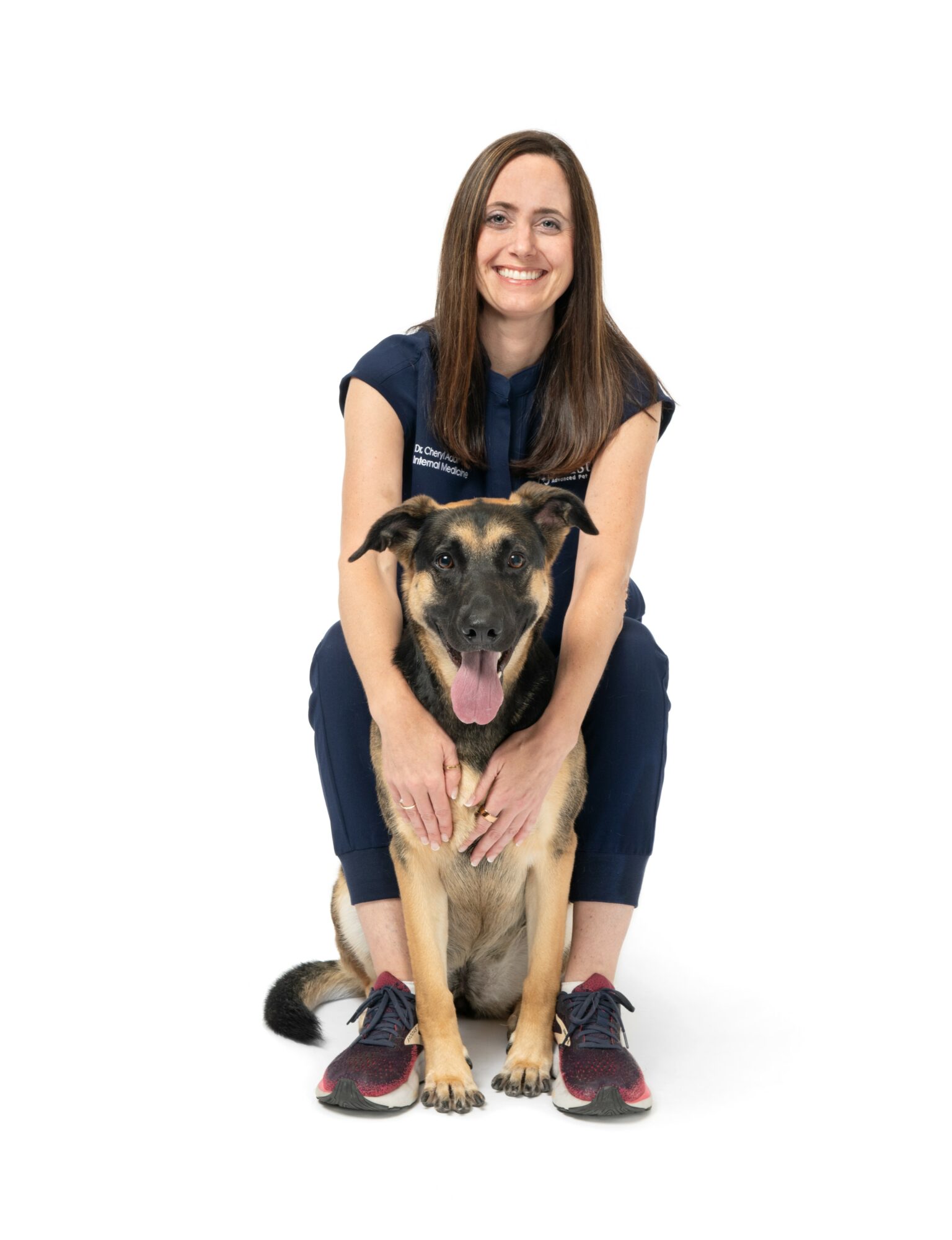

Today we’d like to introduce you to Cheryl Adamson.
Hi Cheryl, can you start by introducing yourself? We’d love to learn more about how you got to where you are today?
Ever since I was 5yrs old, I wanted to be a veterinarian. I played vet with my stuffed animals and made all of my friends be my receptionist. My dream came to fruition after graduating from Oklahoma State University in 2008. I initially wanted to be an Equine Surgeon, but ended up pursuing an Internship and Residency to become Boarded in Small Animal Internal Medicine for dogs/cats. I’ve practiced in the Kansas City area, Round Rock/TX, and now Dallas, TX. I was born and raised in the North Texas area. Kansas City was way too cold, and I likely will never move further north than Dallas! I love being an Internist. I see the very difficult cases that other vets can’t figure out. I also manage complicated liver, kidney, GI, and endocrine diseases; amongst many others. I can also perform endoscopy, bone marrow sampling, joint taps, rhinoscopy, bronchoscopy, and placement of feeding tubes. When I practiced in Round Rock, a colleague of mine was certified in Chinese Acupuncture. Even with all of the tools I had at my disposal, she could ‘fix’ pets with her acupuncture that I couldn’t with my Western Medicine. I waited a while to think about it, but eventually went to the Chi Institute in Reddick, FL and became certified to perform acupuncture in dogs, cats, and horses. I started my own mobile acupuncture small business in the White Rock Lake area of Dallas. I would travel all over Dallas and the surrounding areas to perform acupuncture on various pets. My business has not only been successful, it has been very rewarding too! It has been a wonderful way to connect with all of the pet parents and be a special part of their lives. More recently, I have transitioned back to a clinical Internal Medicine position with a new company as part-owner of the business. On October 27, myself and 4 other specialists are opening a 24/7 Emergency, Critical Care, and Specialty facility for dogs/cats. We will be offering 7 day critical care/ER coverage, Cardiology, Internal Medicine, and Surgery services. It is located at 635/Tollway on Inwood (across from Jesuit). It is called Arista Advanced Pet Care for Animals. This is a unique and new model coming to the veterinary medicine market. Unfortunately, most of the veterinary clinics in the US have been bought up by Corporate CEOs who do not know anything about veterinary medicine. They upsell the clients, make decisions that are not in the best interest of the pet/client, control the vet’s schedule/how many cases they see, and dictate what treatments are available for vets to offer their patients. Our new model puts the care/ownership back in the vet’s hands and allows us to have autonomy and make the best decisions for all parties involved. Not only will it be beneficial for the pets/clients, it will also bring back the autonomy and passion that we have for this profession. I have been seeing pets on a limited service basis (just consults and ultrasounds) since July 2025 out of a local general practitioner’s office. The hospital is now finished and beautiful and we will be open to see patients on Oct 27! In addition to practicing Internal Medicine, I will also be offering Acupuncture. It is not mobile anymore, unfortunately, but now I get to practice the best of both worlds in a single location.
Can you talk to us a bit about the challenges and lessons you’ve learned along the way. Looking back would you say it’s been easy or smooth in retrospect?
It has not been a smooth road! Vet school is hard enough as it is. I also pursued an Interniship (1 year), a Residency (3 years), had to publish a scientific research paper, and also pass my Board exams for Internal Medicine. For the Acupuncture, there was also a practical and exam to pass. The pay for an Internship and Residency can vary, but generally is low. It might average ~$20-30k annual salary. Coming out of veterinary school, I had at least $100k to pay back in student loans. That was back in 2008; I am sure it is much higher now! The amount of hours I had to work was significant. It likely was 80 hour weeks for at least a decade. It is still a lot even now. Most veterinarians don’t take a lunch and don’t have a lot of time to take bathroom breaks. Trying to balance home life and work life is difficult, and also not generally approved of. Being a Mom can be difficult. For example, a dog came in with a gastric foreign body the evening of Halloween many years ago. I had planned to take my son out to go trick or treating. I historically have always said yes; I have a hard time saying no. This night, I said no to coming in for the after hours endoscopy. Coworkers got upset with me that I didn’t come in. I, of course, already felt bad for not helping the animal. However, my son was most important. As I mentioned in the section prior to this, the transition from vet owned practices to corporate is likely the biggest struggle. There are so many unneccessary restrictions/barriers placed on vets to provide good care to people/pets and also provide a good QOL for us as well. It is quite depressing.
Great, so let’s talk business. Can you tell our readers more about what you do and what you think sets you apart from others?
I specialize in Internal Medicine for dogs/cats and Acupuncture for dogs/cats/horses. How is it different: (1) There won’t be any phones or computers in the lobby. A client will be greeted by a client specialist who will already know the names of the client/pet walking in the door and who they are seeing. They will be greeted warmly and placed in a room with a doctor within minutes. (2) We have a new service called ‘Care Navigation’ where a veterinary technician will have already called the owner and discussed all of the client’s concerns, including expectations for the visit and any financial concerns that they may have. We will also obtain their medical records well before the pet visits so the doctor has plenty of time to review. (3) We place the focus back on the pets, their owners, and all of the staff that work at the hospital. This triad is the most important; not the corporate practice CEOs. (4) We will have the ability to treat pets without restriction. (5) We have a say in how the hospital runs to ensure that it works for everyone. (6) To create an environment that team members are excited to come to work. (7) Have the ability to advocate for team members, clients, and pets and actually make a difference.
This is an exciting new model that brings passion back to the veterinary medical field. The first Arista hospital is in Atlanta, GA. The Arista Dallas hospital is the 2nd hospital to open.
Risk taking is a topic that people have widely differing views on – we’d love to hear your thoughts.
I believe I took a risk when I opened my acupuncture small business (White Rock Veterinary Acupuncture). I learned alot and was hugely successful. I am now taking a risk with an even bigger business adventure that hopefully will turn our veterinary profession in the right direction. I love that I might be making a huge impact on veterinary medicine for the forseeable future. With that being said, when making medical decisions, I would not consider myself a risk taker. Our veterinary motto is ‘Above all do no harm’. I follow this on a daily basis with every patient, and as long as this is followed, I can go to bed at night knowing that I did a great job.
Pricing:
- New patient consult- $225
- Initial acupuncture without consult- $125
- Recheck exam with acupuncture $200
- Abdominal ultrasound- $550
- Specialized procedures would be TBD but could range in the thousands.
Contact Info:
- Website: https://aristapetcare.com/locations/dallas/
- Instagram: https://www.instagram.com/aristaadvancedpetcare/
- Facebook: https://www.facebook.com/arista.dallas/
- LinkedIn: https://www.linkedin.com/company/aristaadvancedpetcare
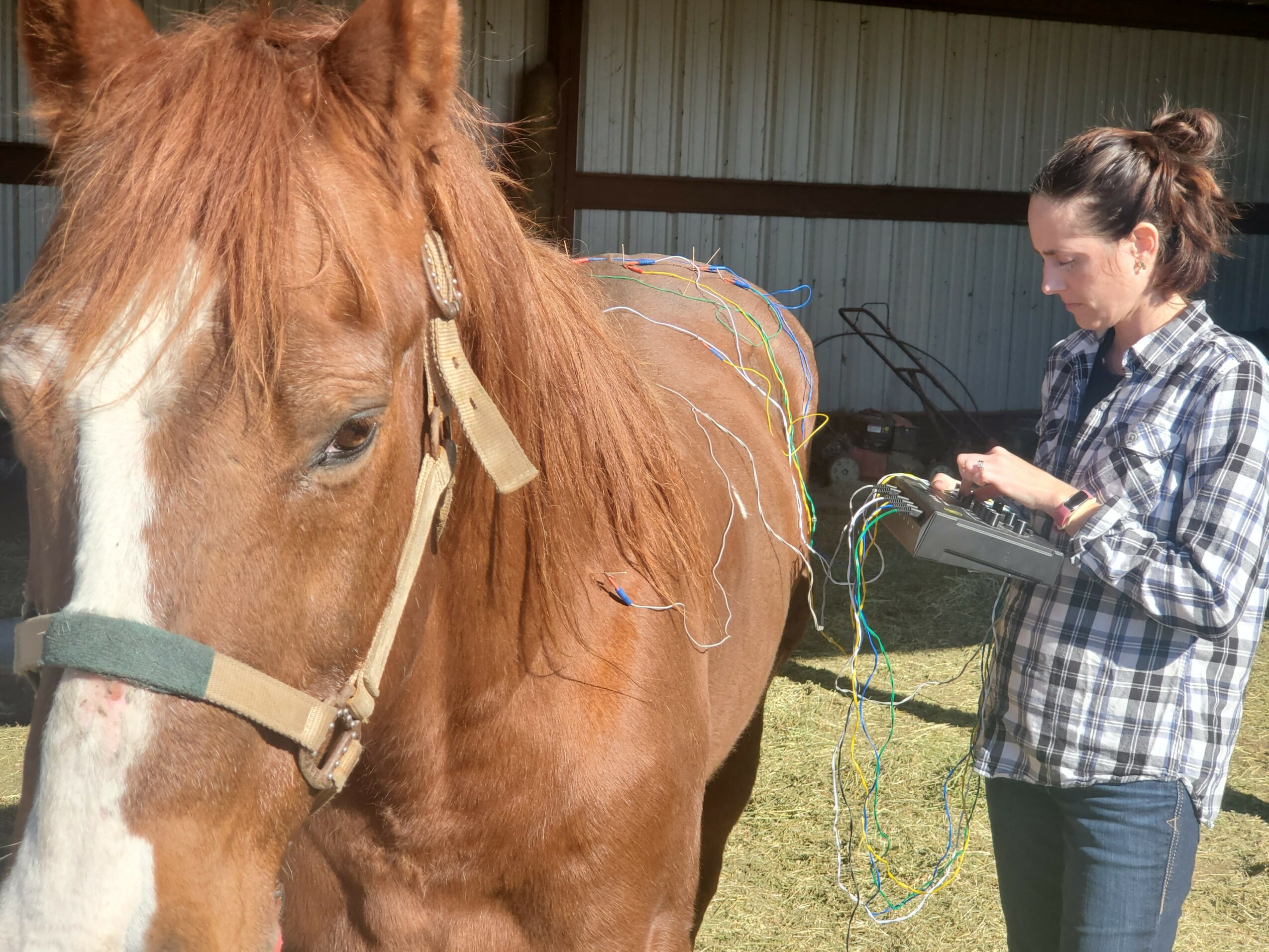
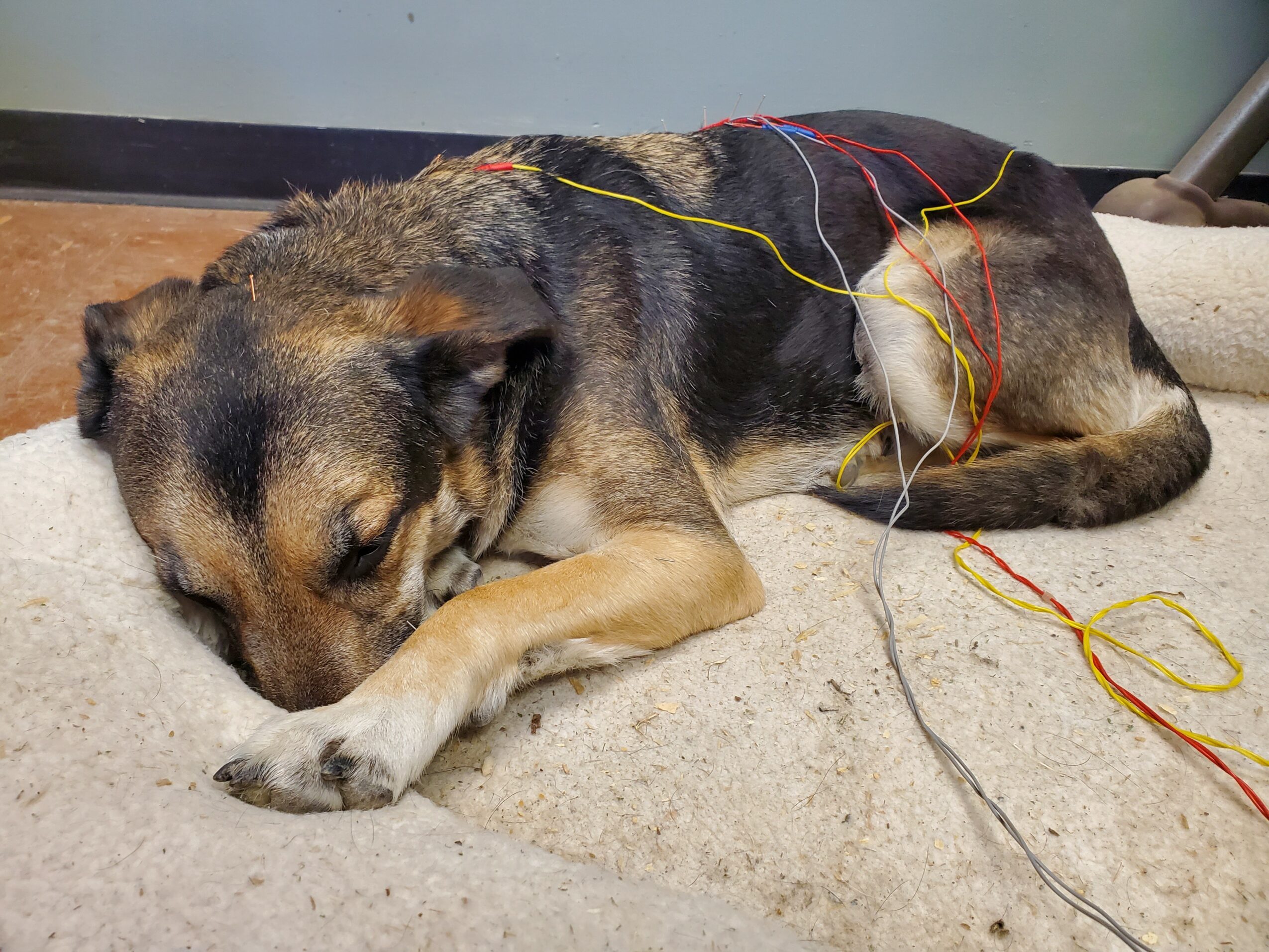
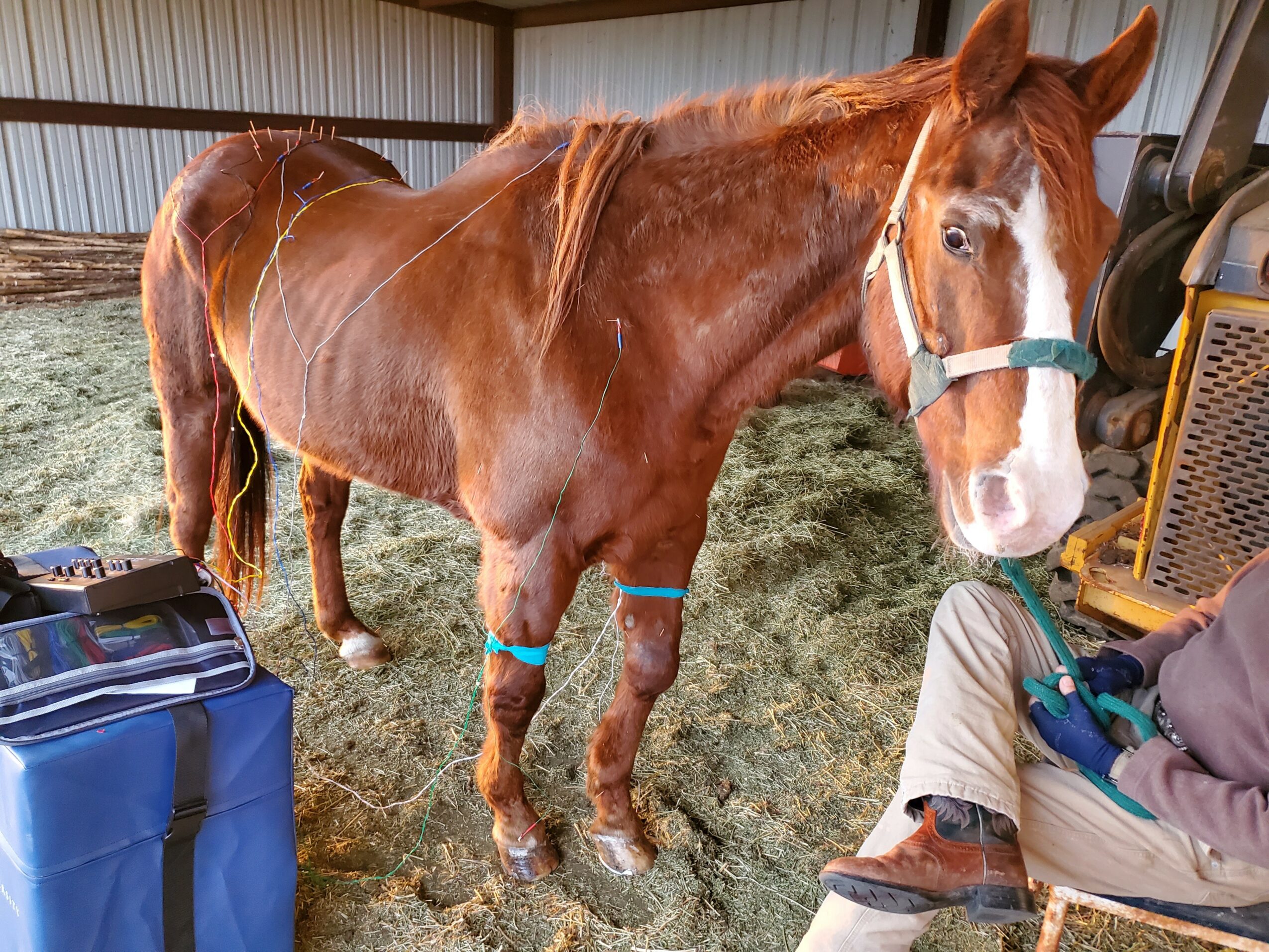
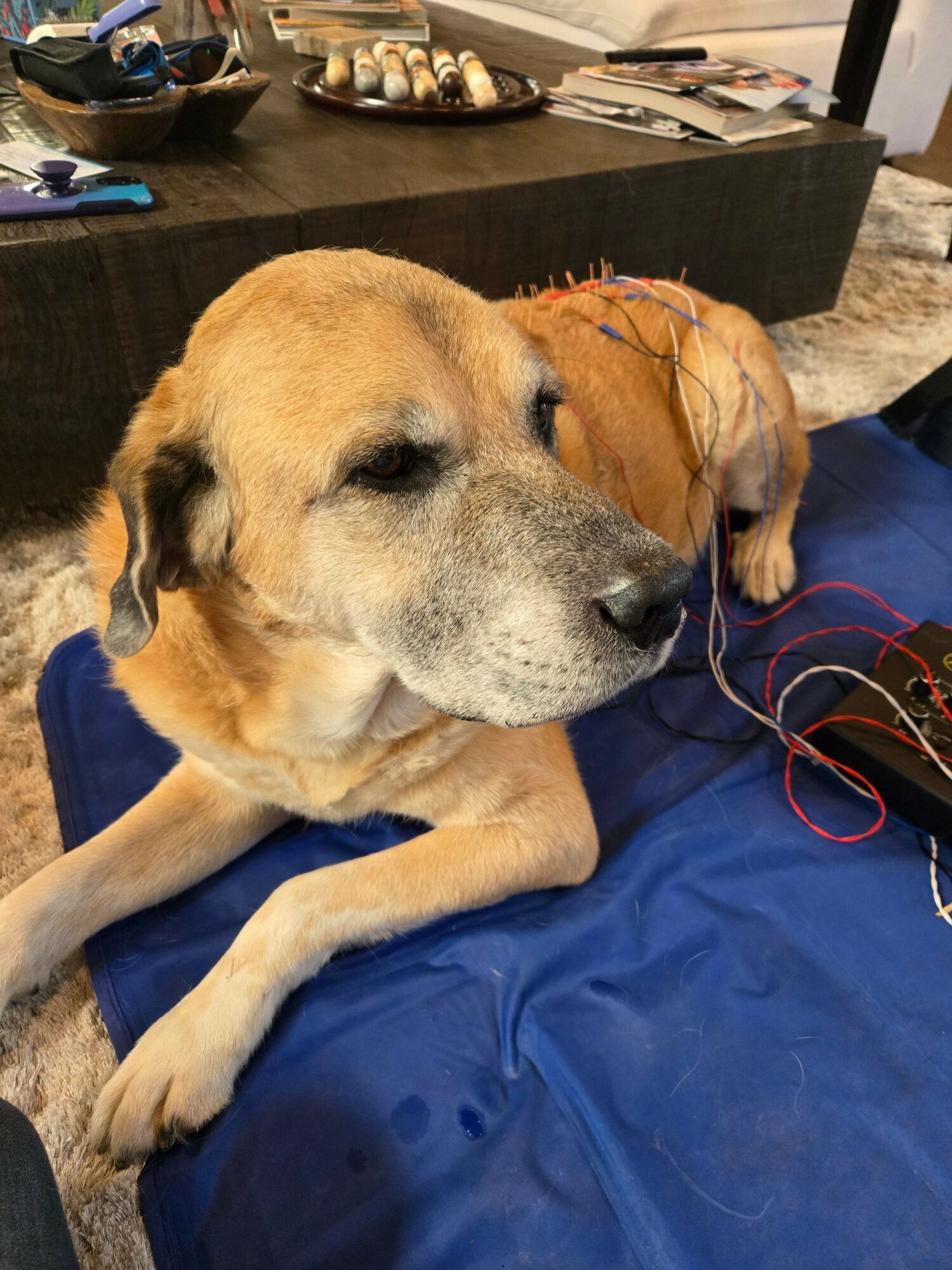
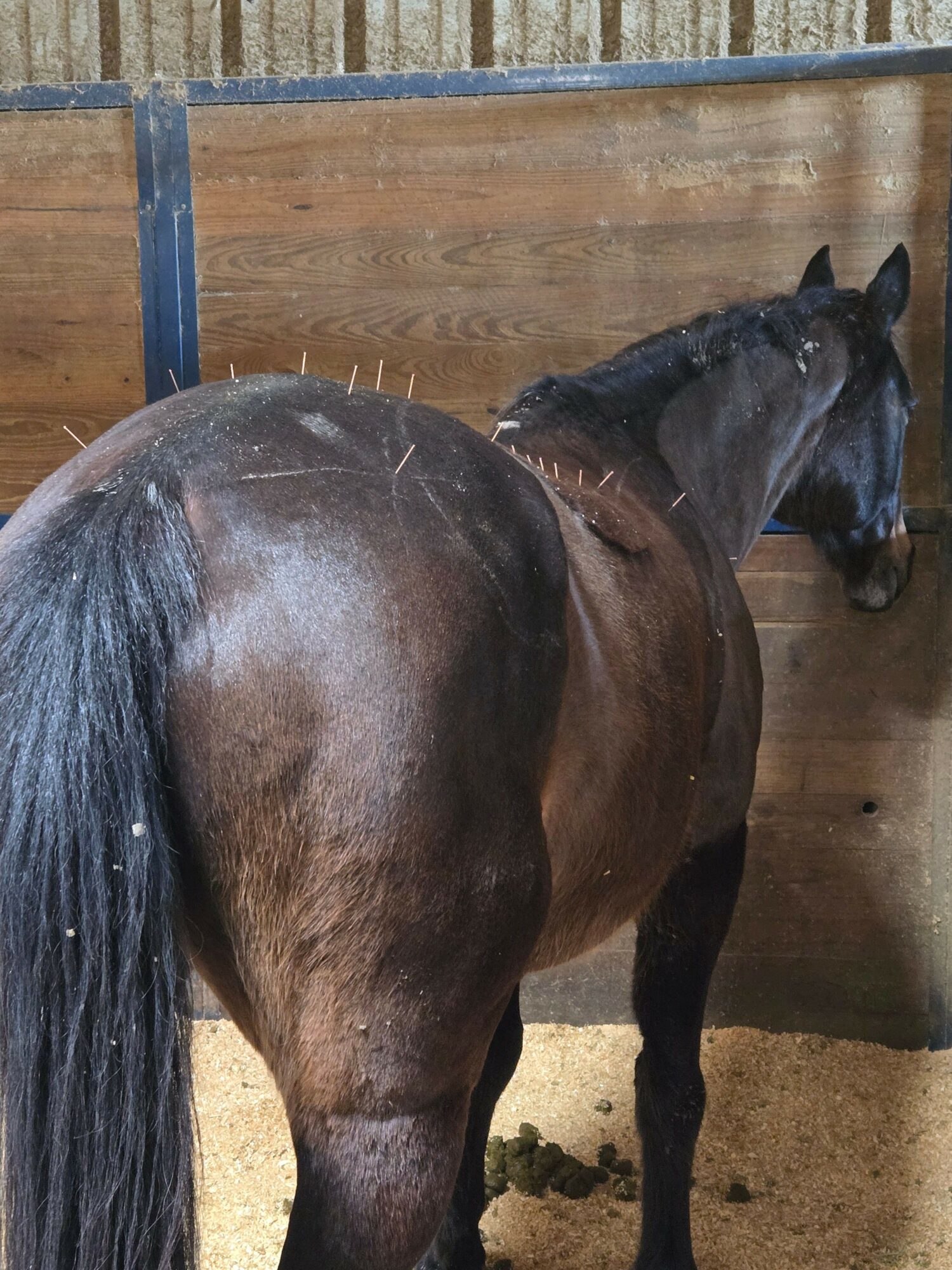
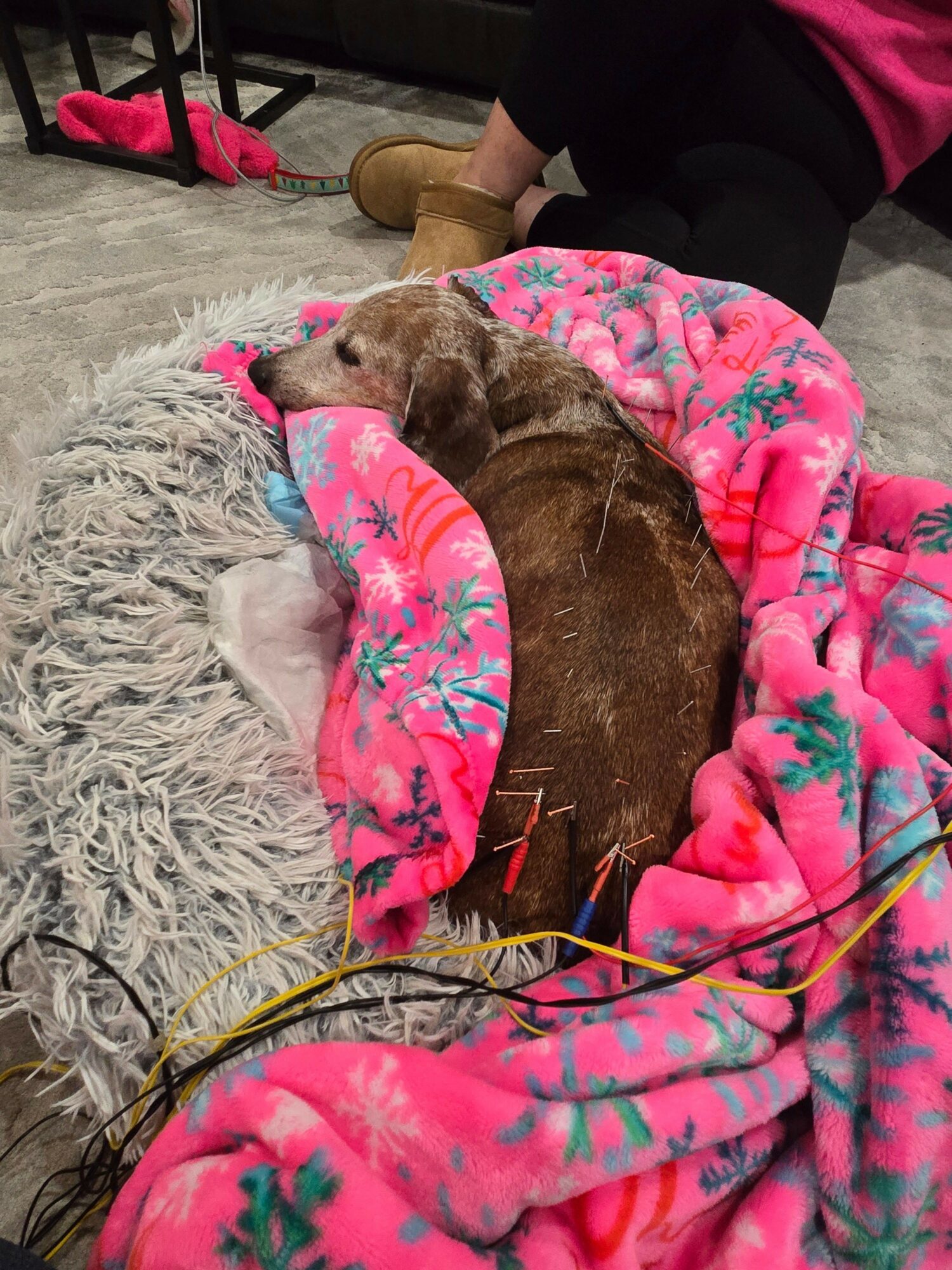
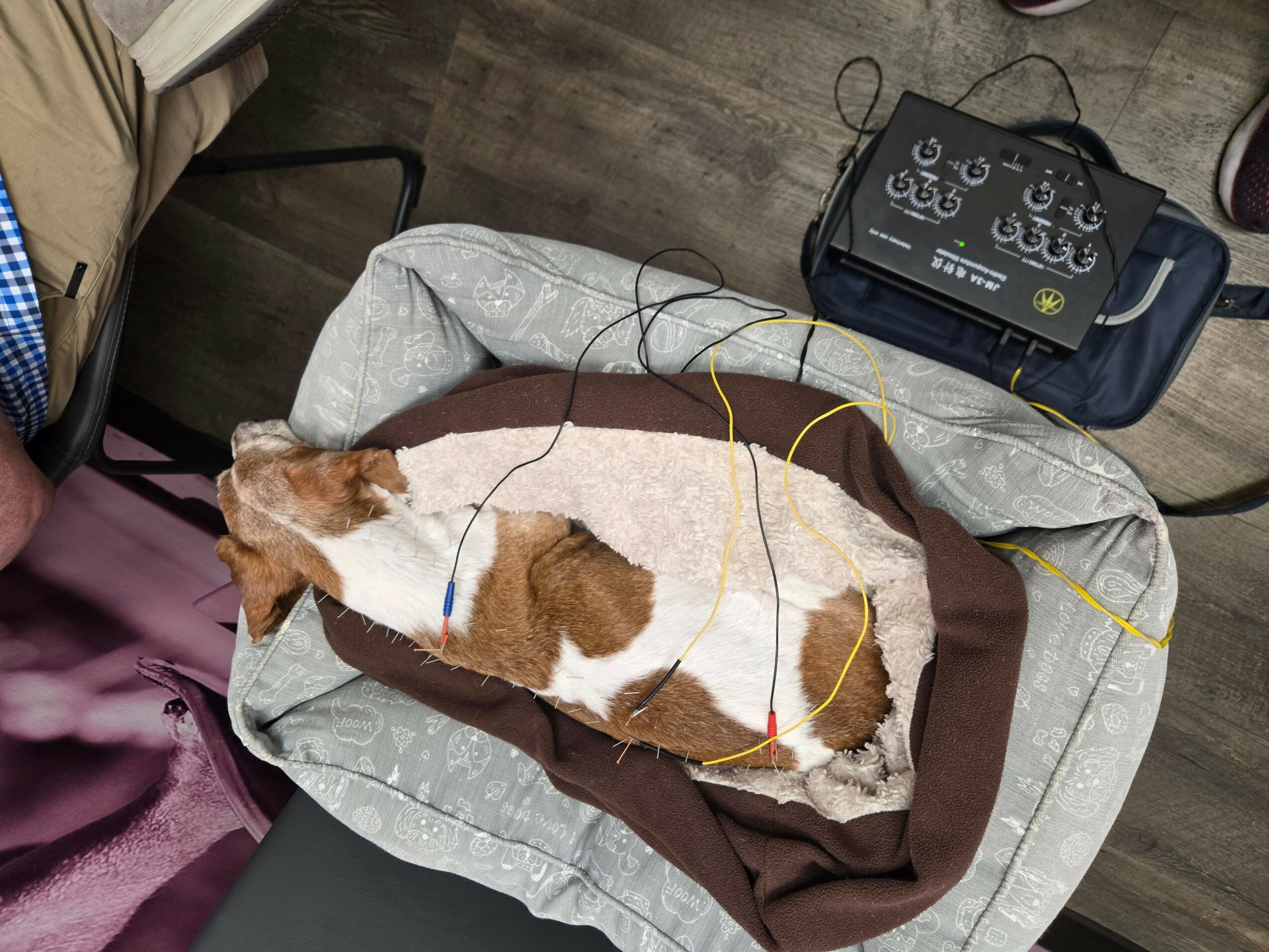
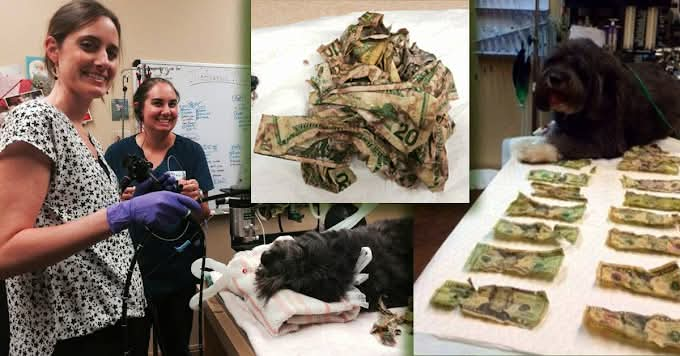
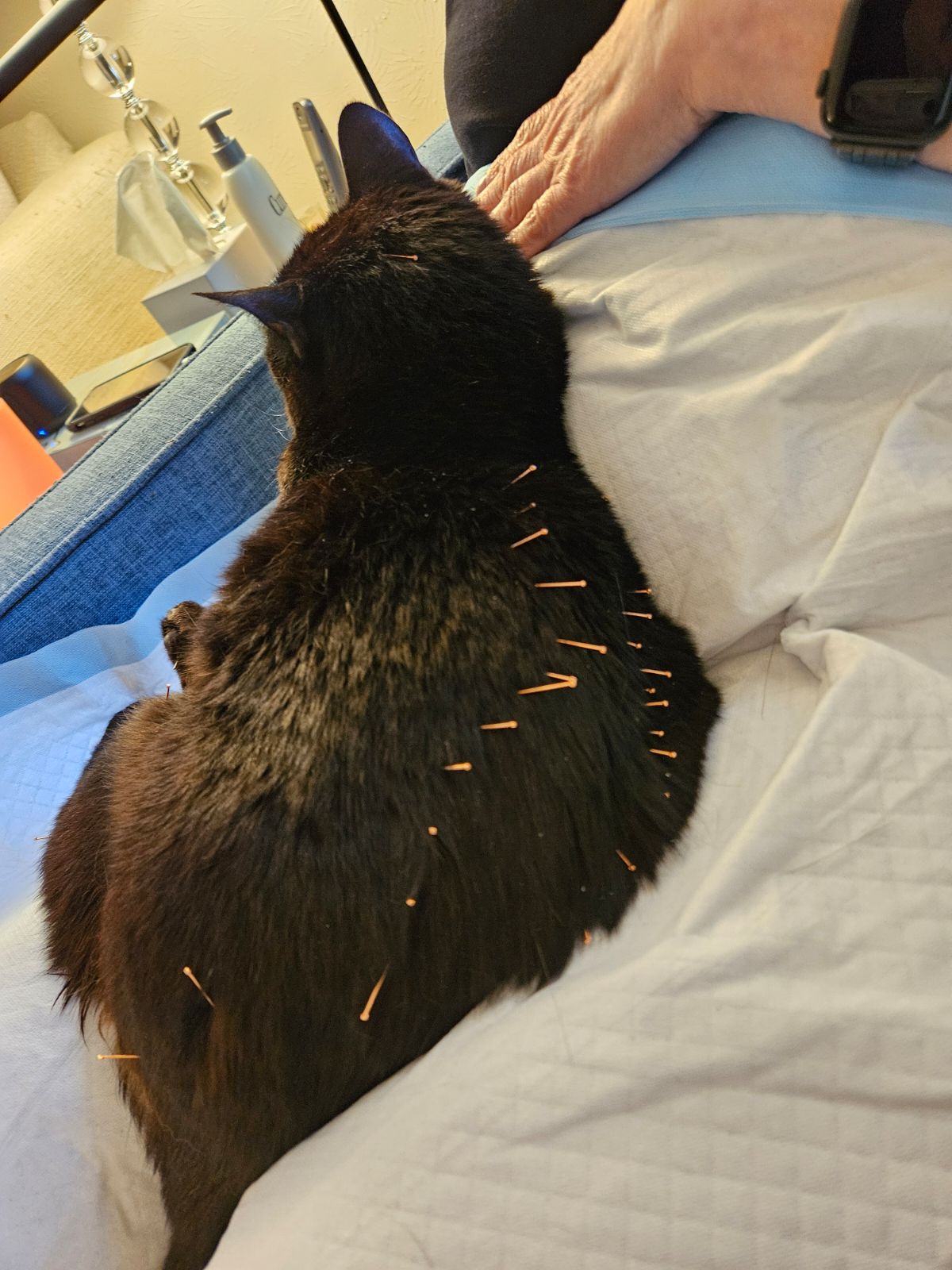
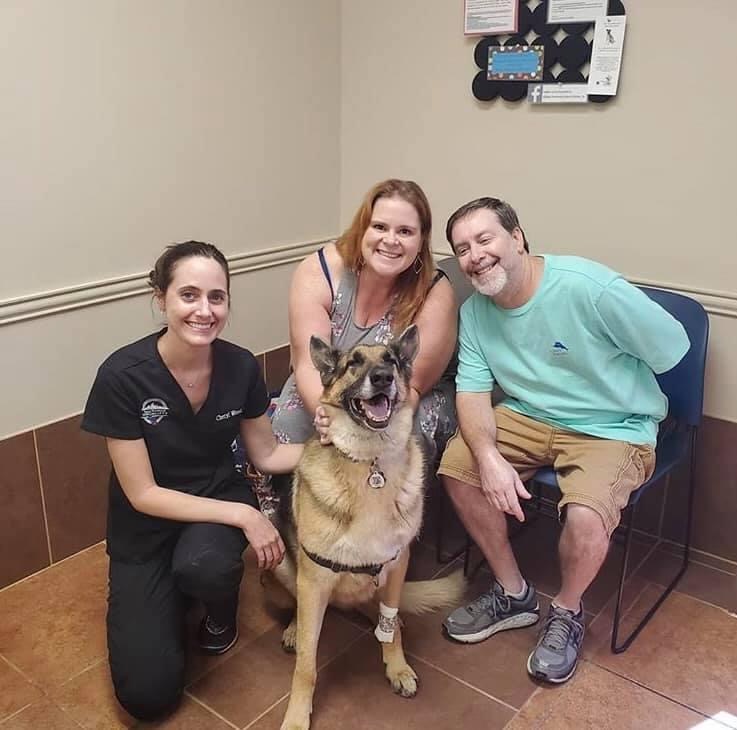
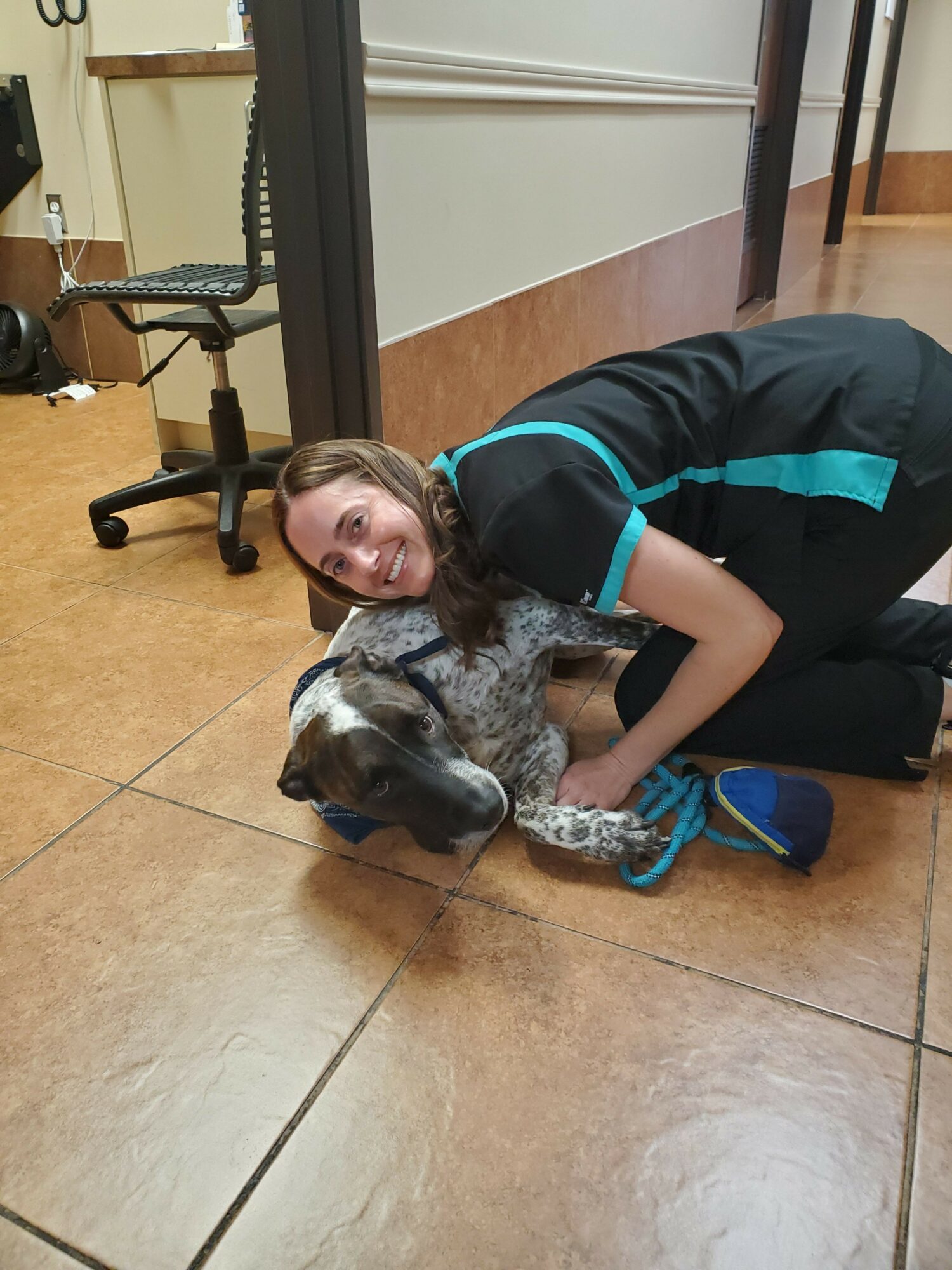
Image Credits
Margaret Bryant- she did my professional photo with the german shepherd dog (my dog named Shael).










